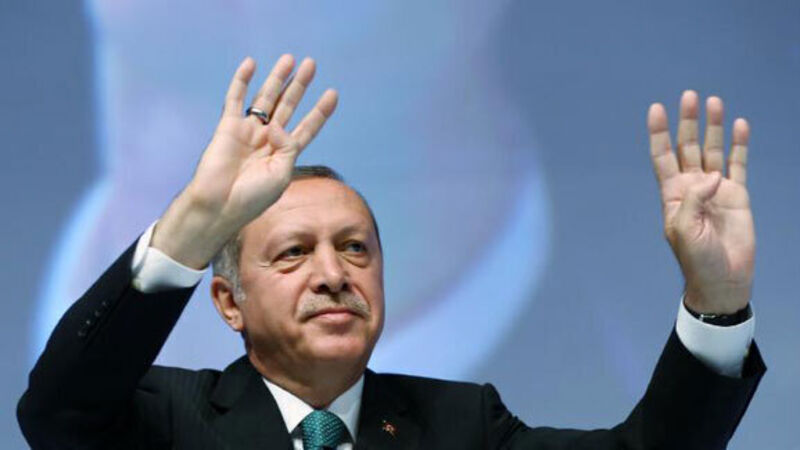Genocide label heightens Turkish-German tensions

The motion, which was put forward by chancellor Angela Merkel’s governing coalition of right and left and the opposition Greens, passed with support from all the parties in parliament.
In a show of hands, there was one abstention and one vote against.














